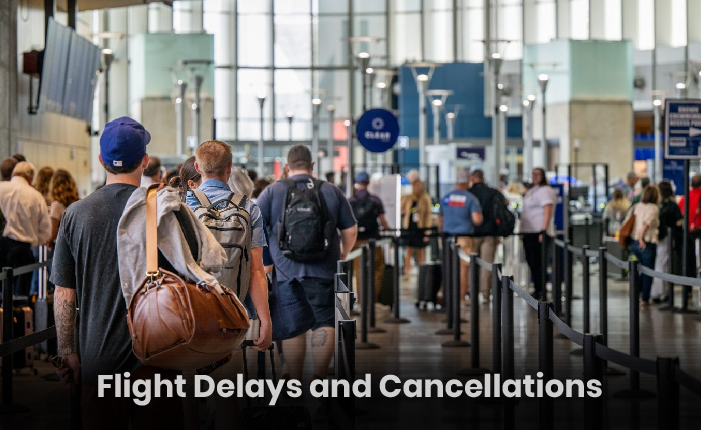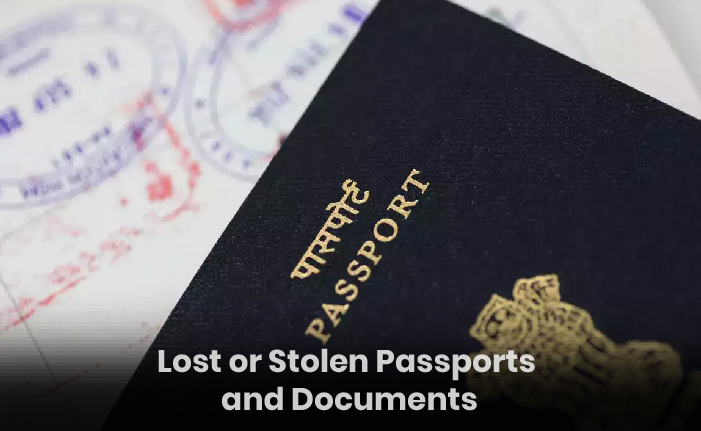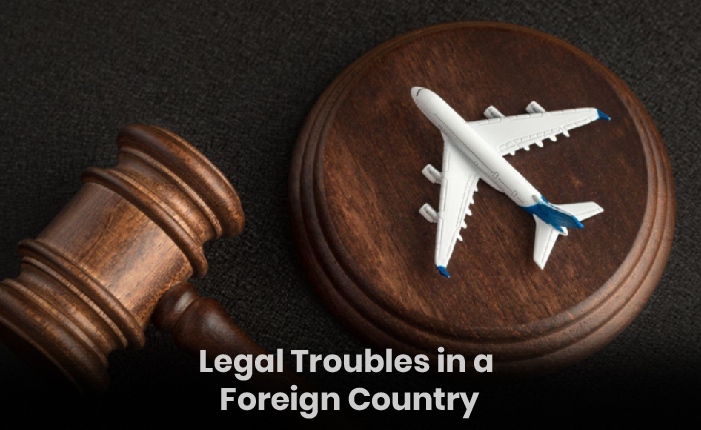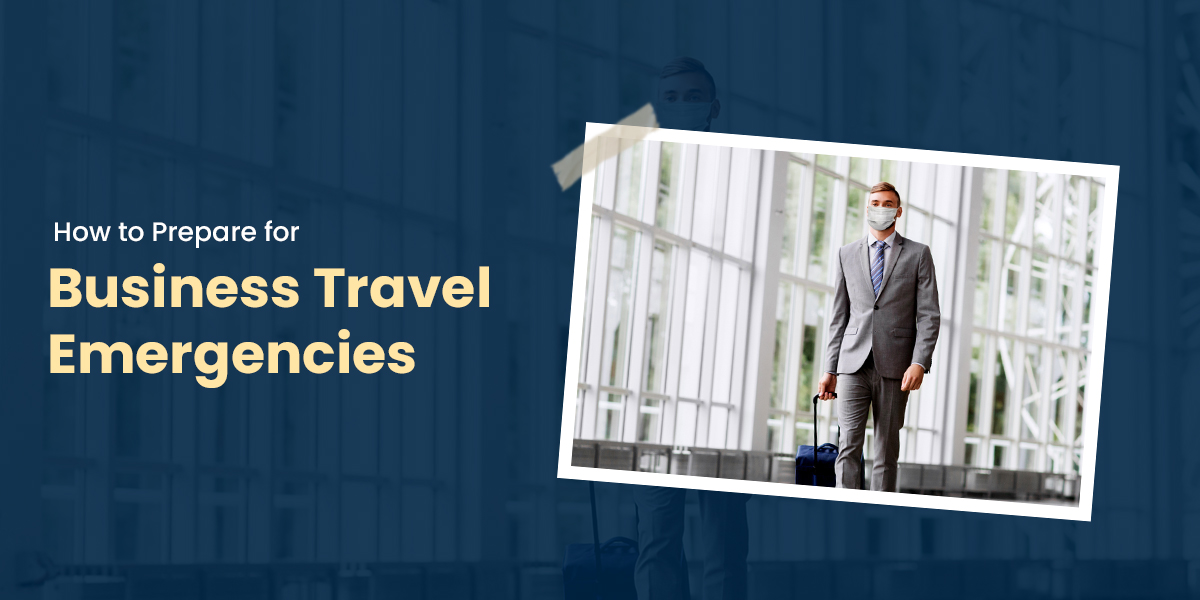However, even the most carefully arranged tumble can face unpredictable challenges—flight cancellation, lost documents, medical troubles, or even international disturbances. These situations can lead to stress, monetary losses, and wasted time if not controlled properly. That’s why having an emergency plan for when business travel goes wrong is important.
Whether you're a solo traveler or managing a team on the go, knowing how to handle situations effectively can keep you safe, reduce confusion, and provide business flow.
This guide will give professionals the tools and methods needed to manage travel risks with faith.
Common Business Travel Emergencies and How to Handle
1. Flight Delays and Cancellations
Flight disturbances can sidestep schedules, leading to missed appointments and lost productivity. Here’s how to handle such situations:
Stay Updated- Sign up for real-time flight notifications from your airline.
Rebook Immediately- Contact the airline or use travel booking platforms to secure an alternative flight.
Know Your Rights- Many airlines provide settlements or accommodations for cancellations and extended delays.
Have a Backup Plan- Consider another transportation method, such as trains or rental cars.
2. Lost or Stolen Passports and Documents
Losing a passport or important travel documents is a nightmare, but quick action can help-
Report Immediately- Notify local authorities and file a police report.
Contact Your Embassy- Visit your country's embassy or mission to obtain emergency travel documents.
Keep Digital Copies- Store extra copies of important documents in a safe cloud storage service.
3. Medical Emergencies Abroad
A medical issue in an unfamiliar country can be stressful, but preparation is key:
Travel Insurance- Always purchase a policy that covers medical emergencies.
Know Nearby Hospitals- Research medical facilities at your destination before traveling.
Emergency Contacts- Carry a list of emergency contacts, including local medical providers and your company’s HR department.
Understand Local Healthcare- Get up to date with the country’s medical system and whether they accept multinational insurance.
4. Security Threats and Natural Disasters
Political restlessness, terrorism, or natural disasters can put travelers at heavy risk. Here’s how to prepare:
Monitor News Updates- Stay informed about political or environmental risks in your destination.
Register in Travel Alerts- Register with your country’s travel advisory services (e.g., STEP for U.S. citizens).
Follow Safety Protocols- If advised to vacate, do so quickly and follow official instructions.
5. Hotel or Accommodation Issues
From overbooked hotels to unsafe places, lodging problems can appear suddenly.
Confirm Reservations- Always double-check bookings before leaving.
Have Alternative Options- Research nearby hotels in case of emergencies.
Contact Your Employer- If the company arranges accommodations, they might have selected options.
Read Reviews- Avoid last-minute surprises by checking recent guest reviews.
6. Technology Failures and Cybersecurity Threats
Losing access to your important business data or being hacked while traveling can have serious outcomes.
Use a VPN- Protect sensitive information when using public internet.
Backup Files- Store essential documents in a secure cloud service.
Enable Two-Factor Authentication- Add extra security to sensitive accounts.
Have a Backup Device- Carry a secondary phone or tablet in case of device failure.
7. Legal Troubles in a Foreign Country
Understanding and appreciating local laws is necessary to avoid legal issues.
Know the Local Laws- Research laws related to business practices, photography, and public behavior.
Carry Proper Documentation- Always have the required work permits or visas.
Contact Your Embassy- If detained, request to speak with your country's embassy.
Building an Effective Emergency Plan
Companies and business travelers should have a detailed emergency response strategy. Here are some key elements:
1. Pre-Travel Preparation
Corporate Travel Policy- Ensure employees understand company travel policies and emergency procedures.
Emergency Contacts- Provide a list of company contacts for assistance.
Crisis Plan- Specify steps for responding to emergencies, including medical, safety, and travel troubles.
Pre-Departure Briefings- Conduct safety briefings for high-risk destinations.
2. On-the-Go Crisis Management
Stay Calm- Panic can confuse your situations—remain composed and follow emergency protocols.
Use Company Support- Many firms offer 24/7 travel assistance services.
Keep Family Informed- Make sure someone at home knows about your travel schedule.
3. Post-Emergency Follow-Up
Document Incidents- Report issues to your employer and insurance provider.
Review and Improve Policies- Companies should assess their response and refine their emergency plans.
Stay Prepared and Travel with Confidence
No one plans for travel mishaps, but having a bold approach can make a world of difference. Whether it’s lost documents, medical emergencies, or random flight cancellations, having a well-defined crisis plan for business travel provides minimal disruption.
Companies should support complete travel risk management, while workers must stay knowledgeable and prepared. With the right planning, business travel can remain productive, efficient, and, most importantly, safe.
















